As a veteran driver who has been working in the automotive industry for 20 years, I have witnessed the whole process of electric vehicles from “useless” to “hot”. Recently, I have seen many car owners struggling with the choice between ternary lithium and lithium iron phosphate batteries. Today, I will explain this issue to you. First of all, let me say the conclusion: Lithium iron phosphate is the first choice for family cars. As an ordinary household consumer, I recommend choosing a car equipped with lithium iron phosphate batteries. This is not a conclusion made on a whim, but a rational judgment based on safety, service life and comprehensive cost. Safety: This is the most uncompromising thing. Wu Kai, chief scientist of CATL, once bluntly stated: “Even if the probability of thermal runaway of ternary lithium batteries is reduced to less than 0.001% through CTP technology and intelligent fuse system, the safety design may still fail when the collision energy exceeds the design threshold of the battery pack.” This is the core problem: when an accident occurs, the performance of ternary lithium and lithium iron phosphate is very different: Once the ternary lithium battery has thermal runaway, it often explodes and the fire spreads very quickly. Even if the lithium iron phosphate battery has thermal runaway, the fire spreads more slowly, leaving the occupants with enough time to escape. Think about it, which rational car owner would take a higher safety risk in order to run 100 kilometers more? The relevant departments have expressly banned the use of ternary lithium batteries in buses and energy storage stations based on safety considerations. Battery life: Who can last longer? The cycle life of lithium iron phosphate batteries is generally longer than that of ternary lithium. For families who plan to hold vehicles for a long time, this means less battery degradation troubles and lower later maintenance costs. An owner of a lithium iron phosphate car for 5 years told me: “My battery decay is less than 8%, while my friend’s ternary lithium car has lost more than 15% of its range.” This is the reality gap.
Comprehensive cost: Not just the purchase price Because it does not contain expensive metals such as nickel and cobalt, the cost of lithium iron phosphate batteries is significantly lower than that of ternary lithium. For ordinary families with limited budgets, this can save a lot of money.
More importantly, the value retention rate of lithium iron phosphate battery models is usually higher. Who is willing to spend a lot of money to buy a second-hand ternary lithium car with serious battery decay? What about the advantages of ternary lithium? To be fair, ternary lithium batteries do have their advantages: high energy density, long driving range, good low temperature performance, and fast charging speed. But ask yourself:
Do you really travel long distances often? 90% of the car use scenarios of most families are in low temperature environments in cities. Most of the current lithium iron phosphate models are equipped with battery heating systems, and the gap is not so obvious.
Countermeasures: The problem of battery cell consistency can be solved. Some people are worried about the battery cell consistency problem of lithium iron phosphate batteries. In fact, this can be completely solved by regular slow charging and excellent BMS systems. However, there is no fundamental solution to the thermal runaway and explosion problem of ternary lithium batteries. To be honest, why are mid-to-high-end models still using ternary lithium? Because the demands of car companies and consumers are different. Car companies pursue eye-catching endurance data and charging speed, which are sales highlights. For ordinary consumers like us, safety and cost of use are the real rigid needs.
If you really have enough budget, it is understandable to choose high-end ternary lithium models. After all, these models have invested more in battery design, heat dissipation and safety. But if the budget is limited, it is recommended to choose lithium iron phosphate-because low-priced ternary lithium batteries are difficult to have good design and sufficient safety redundancy.

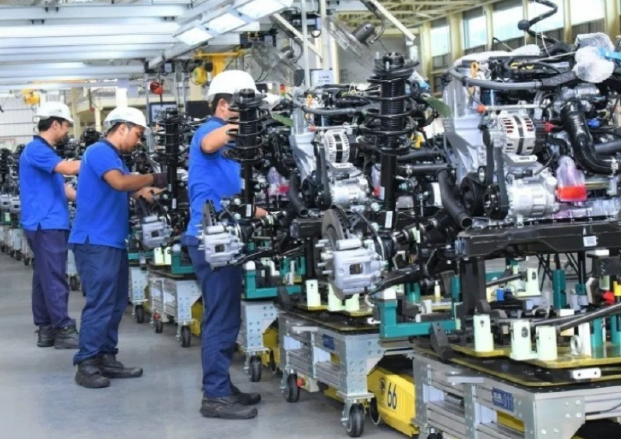

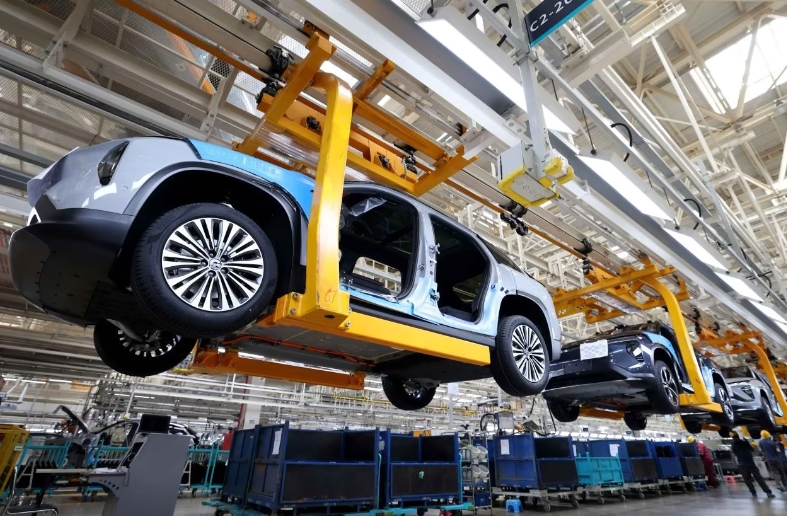
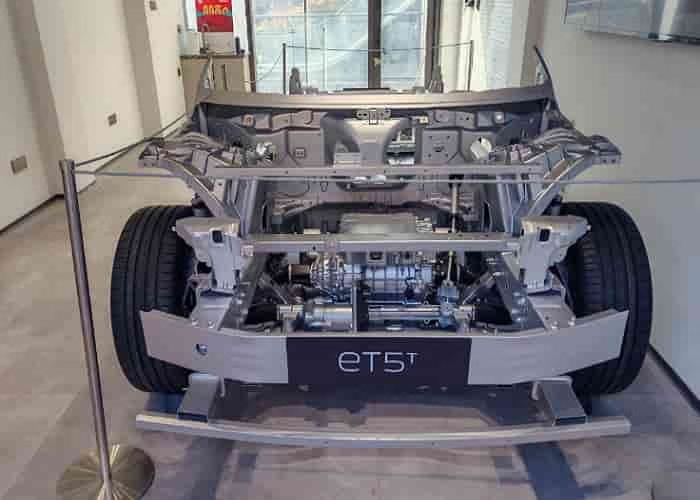
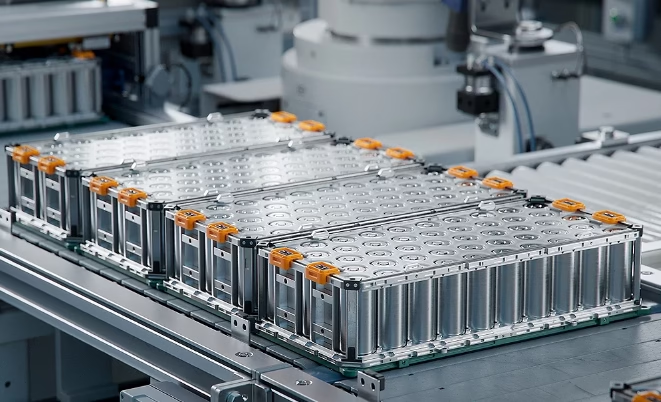
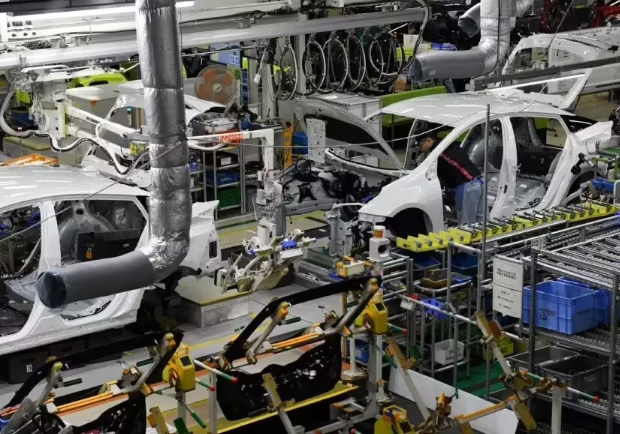
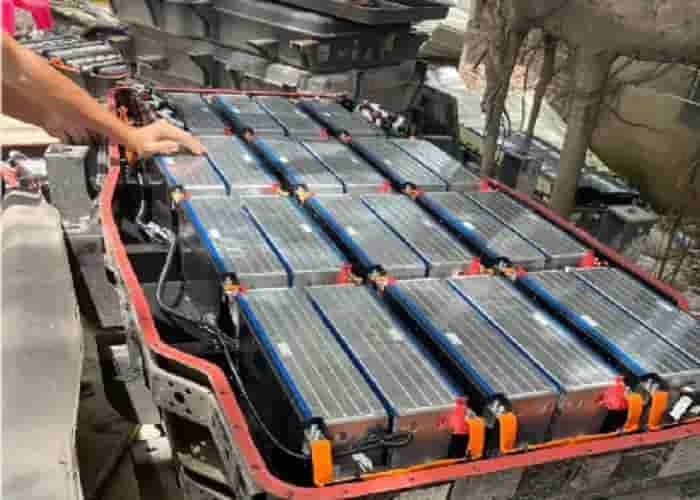
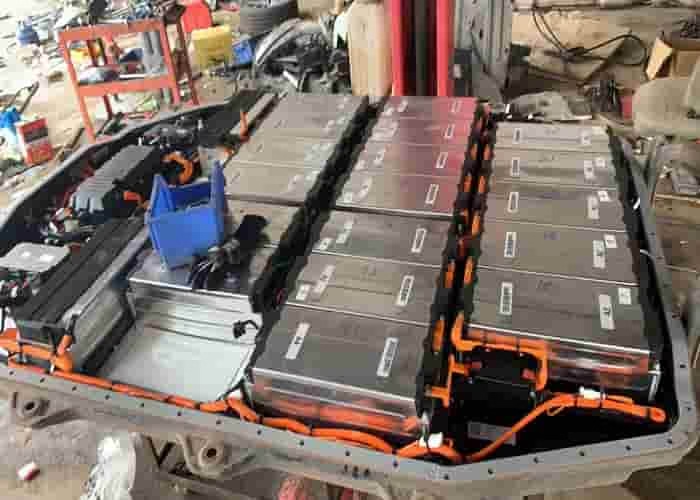
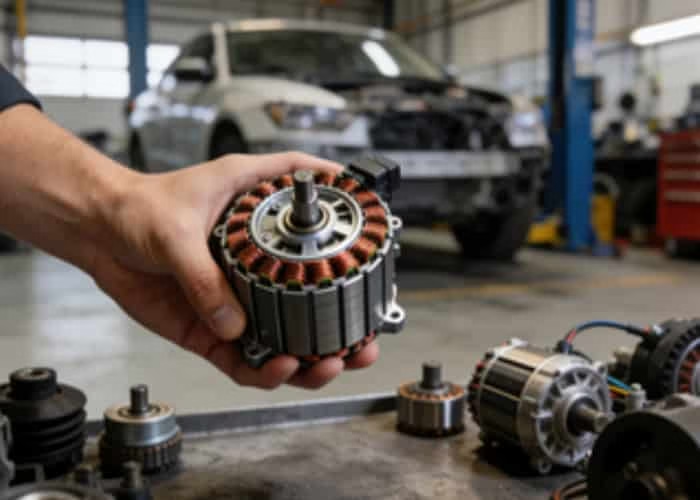
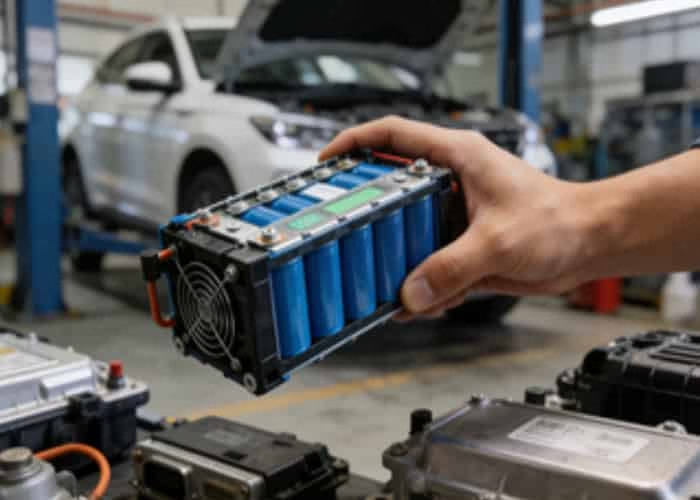
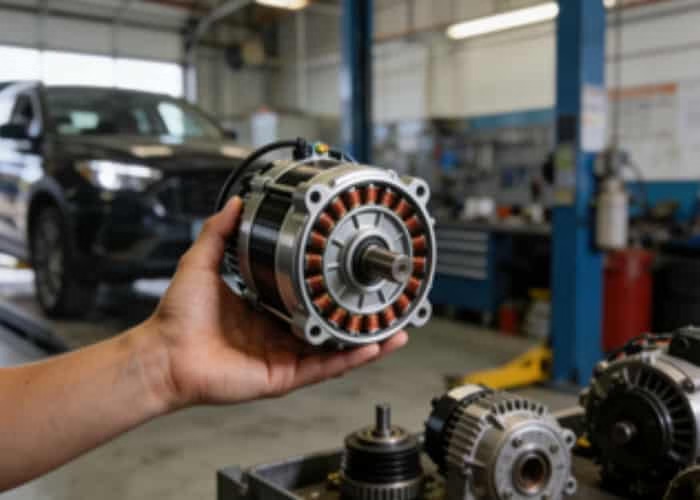
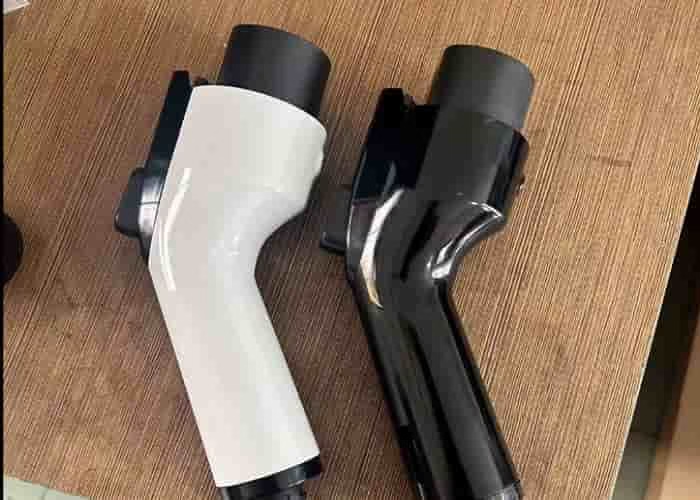
Leave a Reply